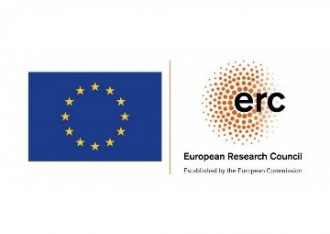
Prof Aisling McMahon was recently invited as a visiting researcher at the School of Accounting and Commercial Law, Victoria University of Wellington, New Zealand (10-16th March 2025) hosted by Professor Jessica Lai.
On the 12th March 2025, Prof McMahon was invited to deliver a seminar at the New Zealand Intellectual Property Office (IPONZ) in Wellington. Prof McMahon’s seminar focused on “Bio)ethics, Morality & the ‘European’ Patent System: Interpretative Approach(es) to the Morality Provision in Europe & Challenges posed by Emerging Technologies Related to the Human Body.” She discussed the European Patent Office’s interpretative approach to Art 53(a) of the European Patent Convention (EPC) (the so-called general morality provision) which states that patents shall not be granted where the commercial exploitation of an invention is contrary to ordre public or morality. She also considered specific exclusions against patentability based on the morality provision, as contained in Article 6(2) Biotechnology Directive 98/44EC, and within the Implementing Regulations to the EPC.
Prof McMahon examined recent European cases related to patents and human embryonic stem cell related technologies, parthenotes and chimeras. She also considered the likely future questions around patentability which may arise, including around patents and stem cell-based embryo model technologies. She considered the challenges posed for the European patent office due to the rapidly evolving technological landscape and complex legislative and decision-making landscape applicable in Europe. This seminar focused on European patent law but offered insights relevant to other intellectual property offices faced with the interpretation of similar morality provisions including for example, in the New Zealand context, sections 15 and 16 of the Patents Act 2013.
Professor Aisling McMahon is a Professor of Law at the School of Law & Criminology, Maynooth University and is the Principal Investigator on the European Research Council funded PatentsInHumans project.
You can find out more about the PatentsInHumans project by visiting the project website: www.patentsinhumans.eu or by watching this short video:

